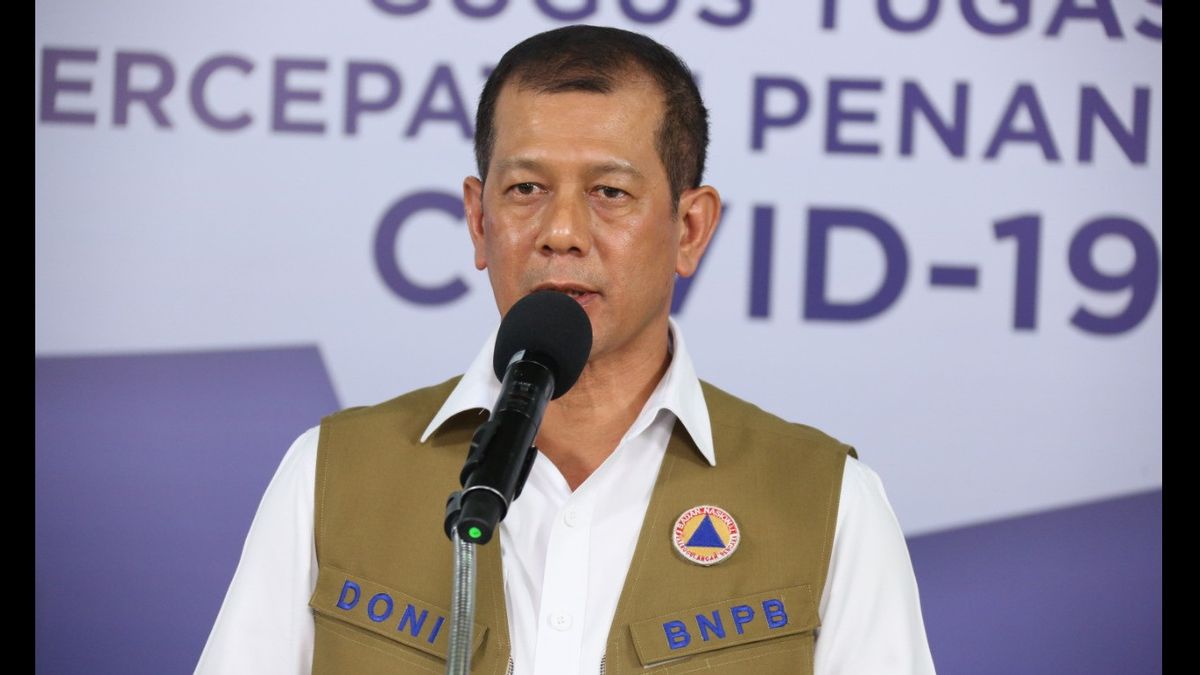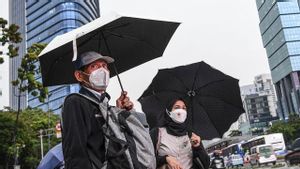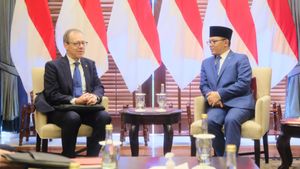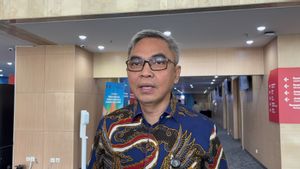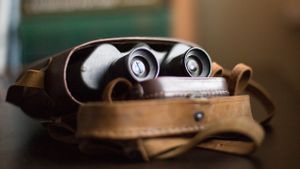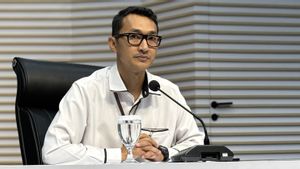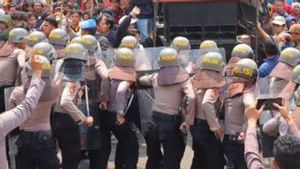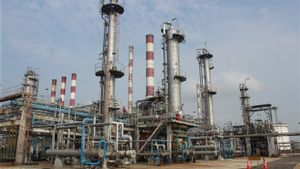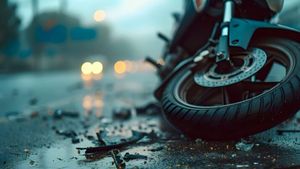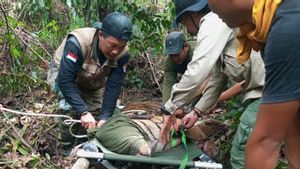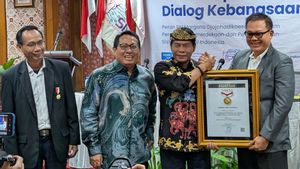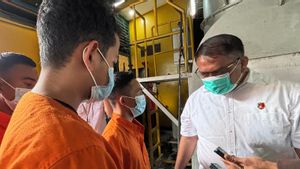JAKARTA - The task force for handling COVID-19 will provide Polymerase chain reaction (PCR) and rapid tests for education. This follows the discourse of several schools that can conduct face-to-face learning.
Chief Executive of the Task Force for the Acceleration of Covid-19 Handling, Lieutenant General TNI Doni Monardo, said that his party would cooperate with the Ministry of Health in providing this tool.
It's just that, said Doni, this tool assistance is not to check all students and education personnel. His party will examine some people or some students.
"For a sample of several students, it is very possible (to be examined, red)," said Doni in a press conference broadcast on the YouTube account of the Ministry of Education and Culture, Monday, June 15.
According to Doni, this was done because of huge costs. Moreover, the number of education personnel is quite large.
So, for this reason the examination will later select certain areas for examination of a sample of students.
"So once again we are helping but it is impossible for everything. So the choice is a certain place or area," said Doni.
So far, continued Doni, about 92 green zones have been recorded based on data up to June 7. Hopefully, the number of green zones will increase or expand every day. The expansion of the zone without positive cases also depends on the results of the national evaluation.
"Therefore, the task force will provide information to all parties so that the education system in our country remains secure because we don't want any of our children to be exposed to the risk of being exposed because of a lack of caution from all of us," said Doni.
6 percent of areas allowed to face-to-face schoolsMinister of Education and Culture Nadiem Makarim said the government would only carry out teaching and learning activities in schools in 85 regional cities at the start of the new academic year starting on July 13.
"We allow 6 percent of regions to apply face-to-face lessons but with health protocols or 85 cities. The basic principle is that we use relaxation in opening schools in a conservative way. This means that this is the most difficult way to open schools so that security can be ensured," said Nadiem at the conference. virtual press, Monday, June 15th.
Nadiem did not specify which areas were allowed to reopen schools. What is clear is that 85 cities are green zones, or areas that have no COVID-19 cases.
Meanwhile, 429 other cities or 94 percent of schools in Indonesia are still required to carry out online learning activities from home. This area is included in the red, orange, and yellow zone.
"For areas in the yellow, orange, red zones, face-to-face learning is prohibited in educational units because they still have a risk of spreading (corona virus)," said Nadiem.
The English, Chinese, Japanese, Arabic, and French versions are automatically generated by the AI. So there may still be inaccuracies in translating, please always see Indonesian as our main language. (system supported by DigitalSiber.id)
